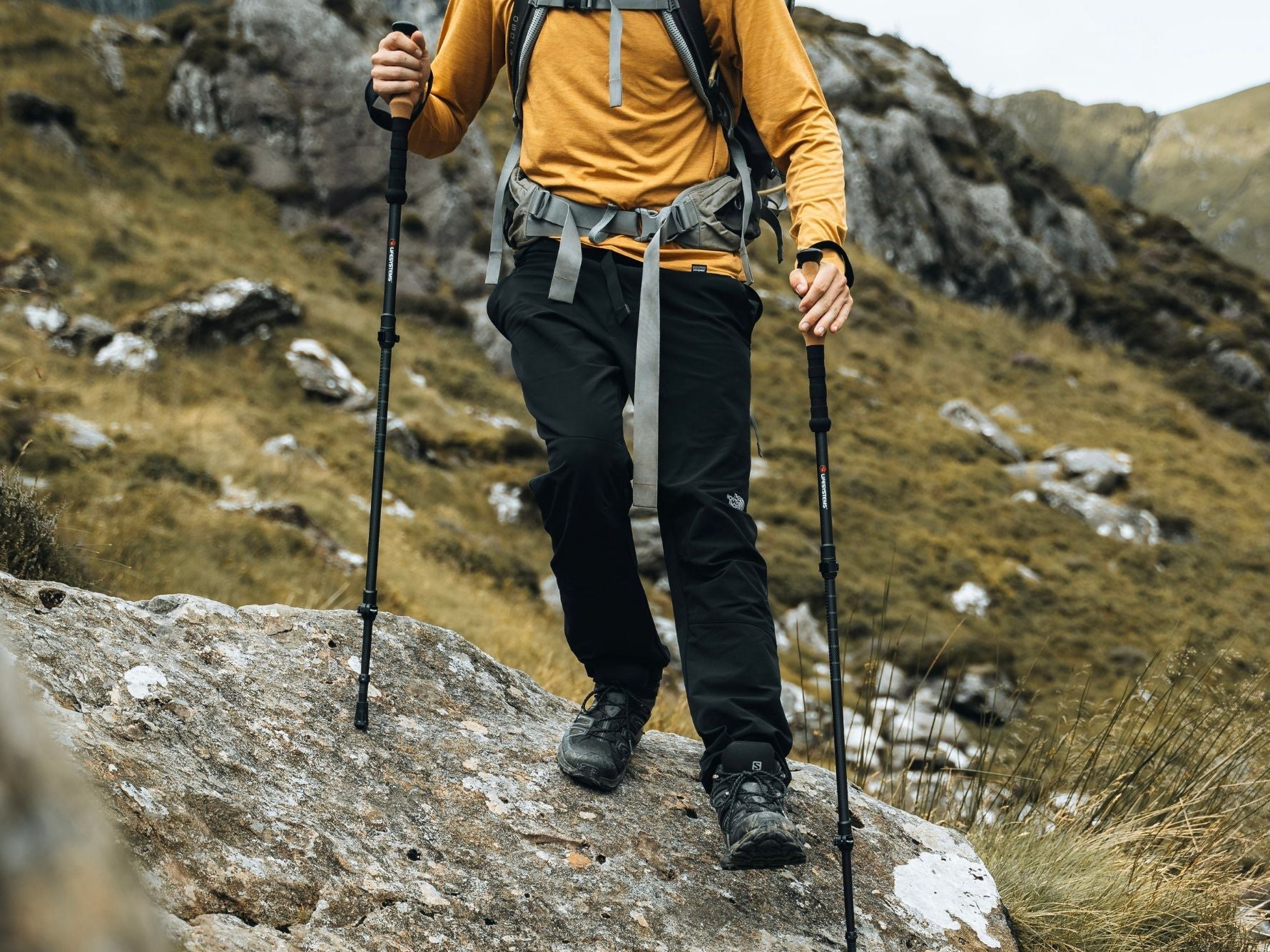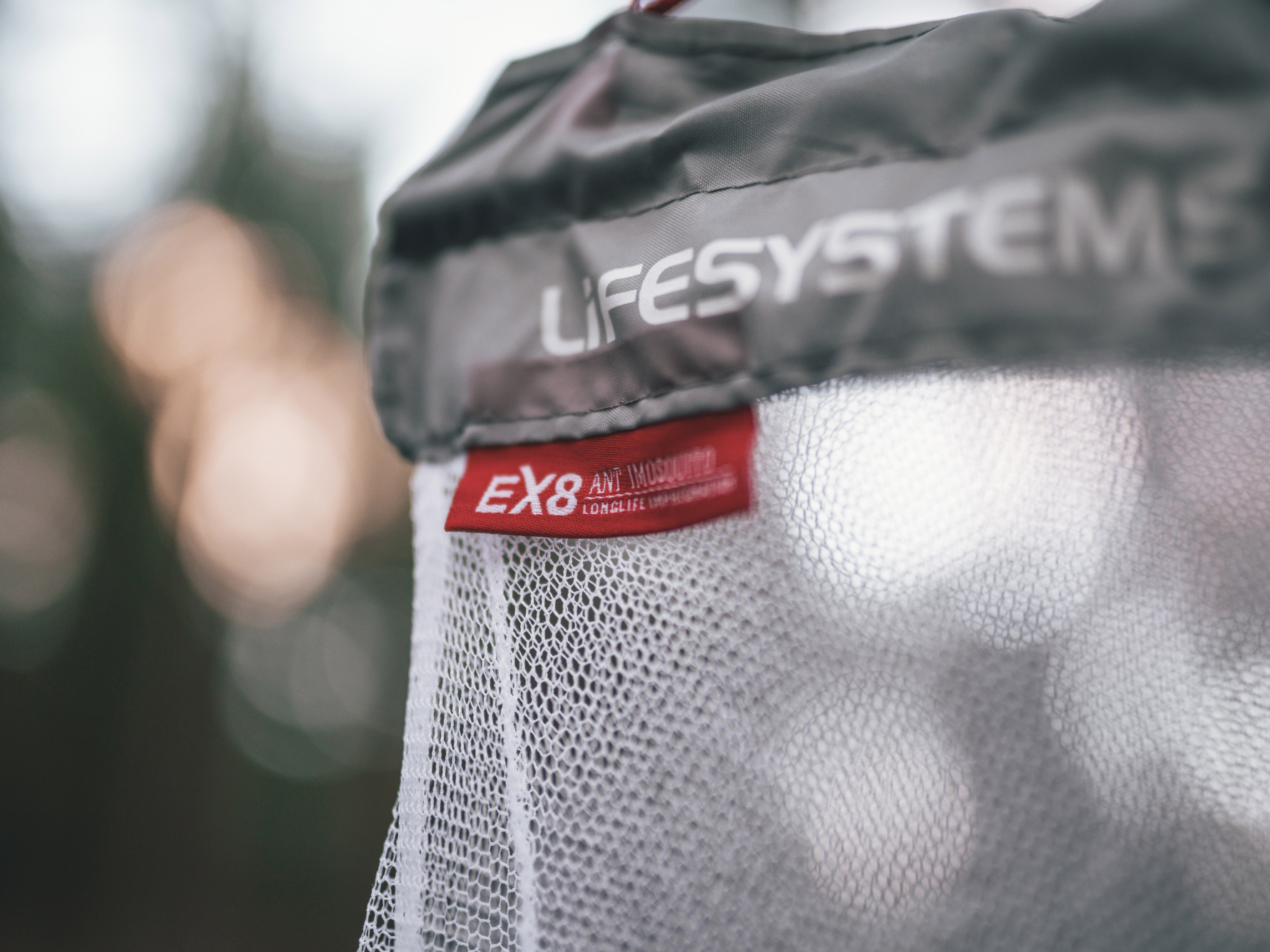Top Tips to Avoid Mosquito and Insect Bites This Summer
- Blog

Whether you’re camping in the Lake District or trekking through tropical rainforests, insect bites are something every adventurer should be prepared for. Some are just a nuisance and others can carry disease so a little preparation can make a big difference.
These top tips will help you avoid insect bites this summer, with advice on the most common biting insects in the UK and abroad, and which insect repellent is right for your trip.
1. Choose the Right Insect Repellent for Your Destination
The best repellent depends on where you're heading, how long you’ll be outdoors, and your skin sensitivity.
- For UK adventures or lower-risk travel, Expedition Sensitive is a great all-rounder. It’s gentle on skin, safe for children aged 2 and over, and effective against mosquitoes, midges and more. It’s also DEET free, ideal for anyone looking for a milder option with up to 6 hours of protection.
- For tropical travel or areas with a high risk of insect-borne disease, choose Expedition MAX DEET. It combines the proven performance of 50% DEET with unique DermaLOC technology to prolong effectiveness, making it a strong choice where malaria or dengue may be present.
- Prefer something natural? Our Natural Mosquito Repellent is powered by PMD Citriodiol from the oil of the Eucalyptus citriodora tree, providing up to 8 hours of protection. It’s scientifically proven to repel mosquitoes, midges, gnats and ticks, and is suitable for children over 6 months.
Top Tip - Apply repellent after sunscreen and reapply every 6 to 8 hours, or more often if you're swimming or sweating.
Proven to Perform in Tough Conditions
Our repellents are tested under rigorous lab and field conditions to ensure they deliver the protection you need, wherever you go. From highland midges to tropical mosquitoes, we’ve got you covered.
This commitment to testing is what makes Lifesystems repellents a trusted choice for adventurers, professionals and families alike.
2. Cover Up When You Can
Wearing long sleeves and trousers is a simple but effective way to prevent bites. Lightweight, breathable fabrics are perfect for warm weather, especially in the evening when insects are more active.
Light colours help you spot ticks more easily. If you’re heading into grassy or wooded areas, tuck your trousers into your socks and check yourself afterwards.
If it’s too hot to cover up fully, go for our Expedition MAX repellent. Unlike many high-strength repellents, it can be applied to larger areas of exposed skin, such as arms and legs.
3. Know When and Where Bites Are Most Likely
- Dawn and dusk are peak times for many biting insects, including midges and mosquitoes.
- Still water, dense woodland and humid conditions are hotspots for bugs. Avoid pitching your tent too close to these environments.
Even in the UK, it's worth using a mosquito net as midges can easily get into tents.
Biting Insects in the UK and Abroad
What to Watch Out for in the UK
Insect risks are generally low here in the UK, but they can still cause discomfort or, in some cases, health issues.
- Midges love damp, humid places like the Scottish Highlands and lake regions.
- Horseflies are active in warm, sunny weather and leave painful bites.
- Ticks are common in long grass and woodland. Some carry Lyme disease, so it’s important to check your skin and clothing after being outdoors. Our tick season guide covers this in more detail.
Recommended protection:

What You Might Encounter Abroad
In tropical and subtropical areas, insect bites can lead to more serious health concerns.
- Mosquitoes are found across Africa, Asia and South America. They can carry diseases such as malaria, dengue fever, Zika virus and chikungunya. In many cases, there is no vaccine, so protection is essential.
- Sandflies are common in desert and coastal regions, particularly in parts of southern Europe, the Middle East and Latin America. Their bites can transmit leishmaniasis, a parasitic disease that affects the skin and sometimes internal organs.
- Tsetse flies are found in parts of rural sub-Saharan Africa. Their bites are painful and can lead to sleeping sickness (African trypanosomiasis), a serious illness that affects the nervous system.
Recommended protection:
- Expedition MAX DEET
- Treated Mosquito Nets
- Mosquito Candle for campsites or outdoor seating areas
Before you travel, check the NHS Fit For Travel site for destination-specific health advice.

4. Stick to the Basics
Even with the best repellent and kit, small habits can make a big difference. These simple steps are easy to overlook but essential for staying protected from bites throughout your trip.
- Reapply insect repellent throughout the day, especially during outdoor activity
- Make sure your mosquito net is sealed and intact
- Keep bite relief close to hand to quickly ease irritation
Explore With Confidence
Insects might be small, but they can have a big impact on your experience outdoors. With a few smart choices and the right kit, you can stay focused on the adventure ahead.
Explore our full insect repellent range and stay bite free this summer.



